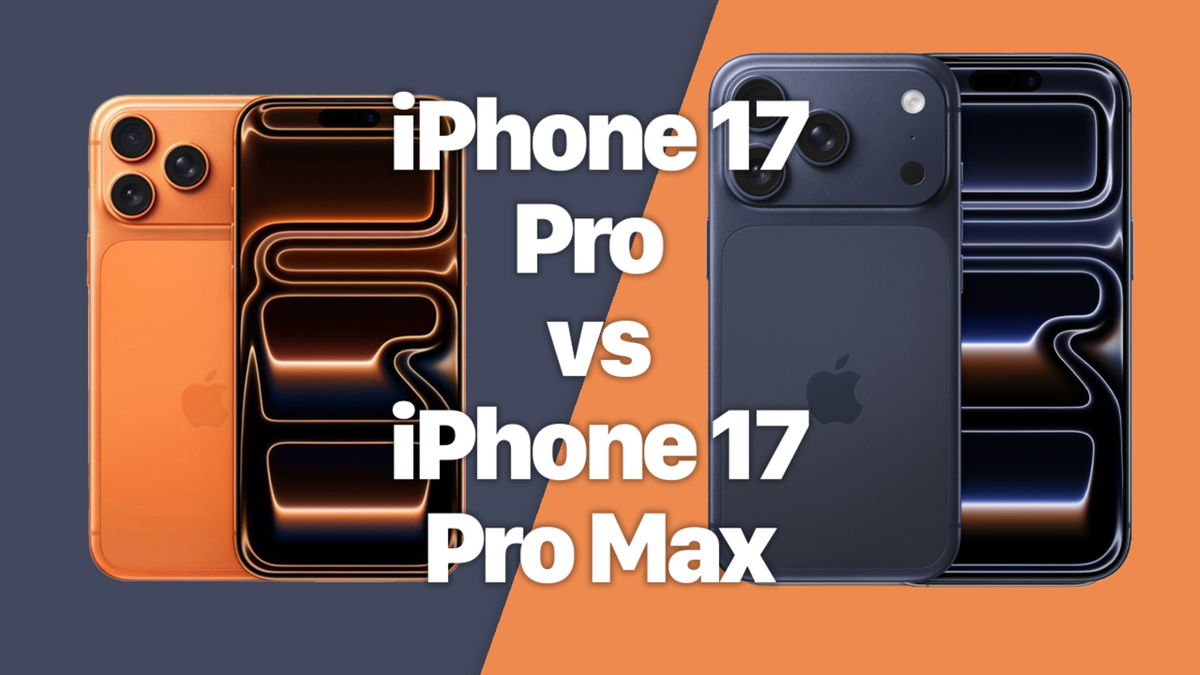But meanwhile, many lawyers reading the bill, which was approved by the White House in an official statement by national security adviser Jake Sullivan, say the document’s purposes and possible implications are broader. It is stated that there is no mention of TikTok.
The problem is seen in the silence of the White House and the resulting ambiguous interpretation of the bill. The document says the law would give the Secretary of Commerce and the President sweeping powers to ban mobile or desktop apps and other types of technology products from countries considered a national security threat. And what kind of products, which companies are difficult to understand.
As such, the “Restriction Act” has received active opposition from those fighting for digital rights. The bill’s ambiguity over exactly which products to ban, and the broad powers it gives the executive branch, has led to speculation that the law could criminalize VPN use and allow greater monitoring of US citizens’ online activities.
“This major law that will force Congress to relinquish most of its responsibility for executive accountability and leave room for misinterpretation is a problem. The confusing wording here is another failure of the bill,” wrote David Green, senior attorney and director of the civil liberties group at the Electronic Frontier Foundation. including its members.
Source: Ferra
I am a professional journalist and content creator with extensive experience writing for news websites. I currently work as an author at Gadget Onus, where I specialize in covering hot news topics. My written pieces have been published on some of the biggest media outlets around the world, including The Guardian and BBC News.










